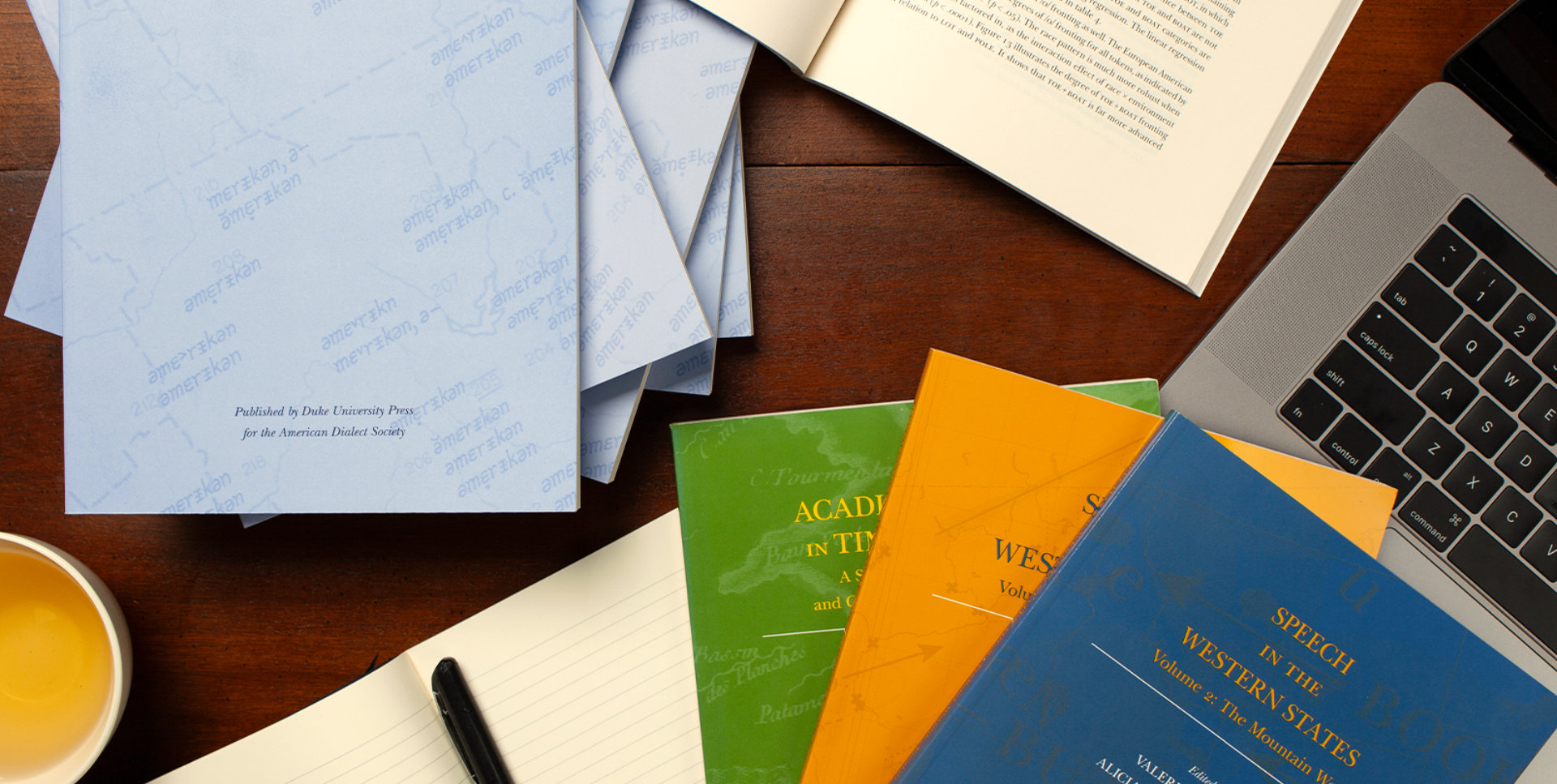What is the word or phrase which best characterizes the year 2012? What expression most reflects the ideas, events, and themes which have occupied the English-speaking world, especially North America?
Each year since 1990, the American Dialect Society has chosen a word of the year at its annual meeting. We’ll do it again in January in Boston, Massachusetts, and we’re asking for your word-of-the-year nominations.
Nominations can be sent by email to woty@americandialect.org, tweeted to the Twitter user name @americandialect or using the hashtag #woty12, or they can be posted on our Facebook page.
They will be considered for the American Dialect Society’s 23rd annual word-of-the-year vote, the longest-running vote of its kind in the world and the word-of-the-year event up to which all word-of-the-year votes lead.
Formal nominations will be made on at 6:15 p.m. Thursday, January 3, and the final vote will be held at 5:30 p.m. Friday, January 4, both at the Boston Marriott Copley Place. Both events are open to the public and press.
The best “word of the year” candidates will be:
— demonstrably new or newly popular in 2012
— widely and/or prominently used in 2012
— indicative or reflective of the popular discourse
— not a peeve or a complaint about overuse or misuse
Multi-word compounds or phrases that act as stand-alone lexical items are also welcomed.
Sub-categories for “word of the year” include most useful, most creative, most unnecessary, most outrageous, most euphemistic, most likely to succeed, and least likely to succeed.
Word of the Year is interpreted in its broader sense as “vocabulary item” — not just words but phrases. The words or phrases do not have to be brand-new, but they have to be newly prominent or notable in the past year, in the manner of Time magazine’s Person of the Year.
The vote is informed by the members’ expertise in the study of words and language, but it is far from a solemn occasion.
Members in the 123-year-old organization include linguists, lexicographers, etymologists, grammarians, historians, researchers, writers, authors, editors, professors, university students, and independent scholars.
In conducting the vote, they act in fun and do not pretend to be officially inducting words into the English language. Instead, they are highlighting that language change is normal, ongoing, and entertaining.

